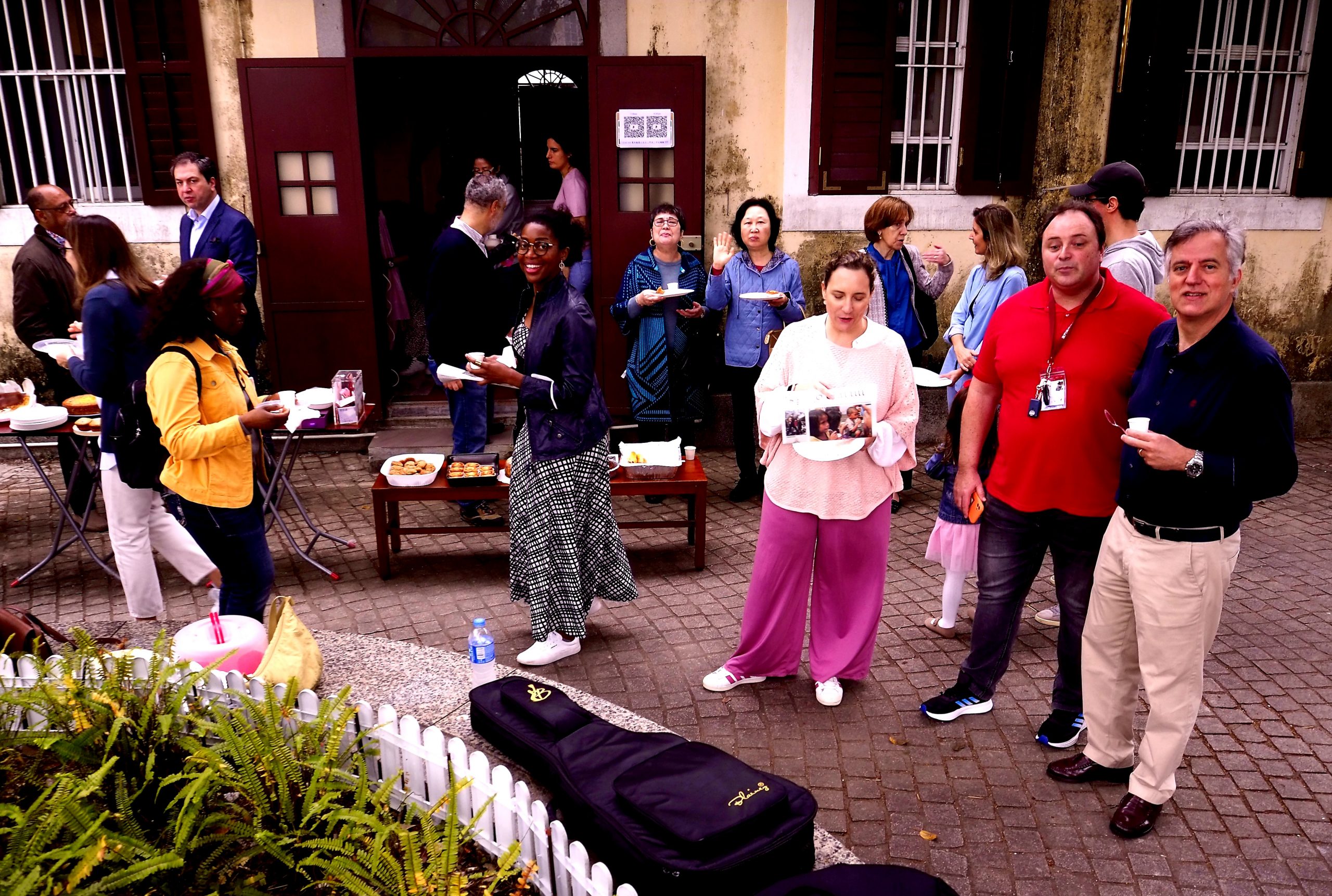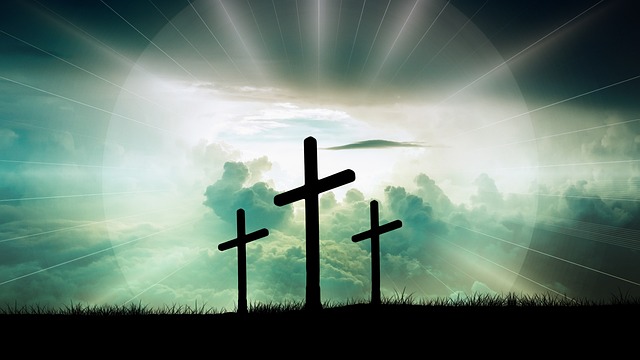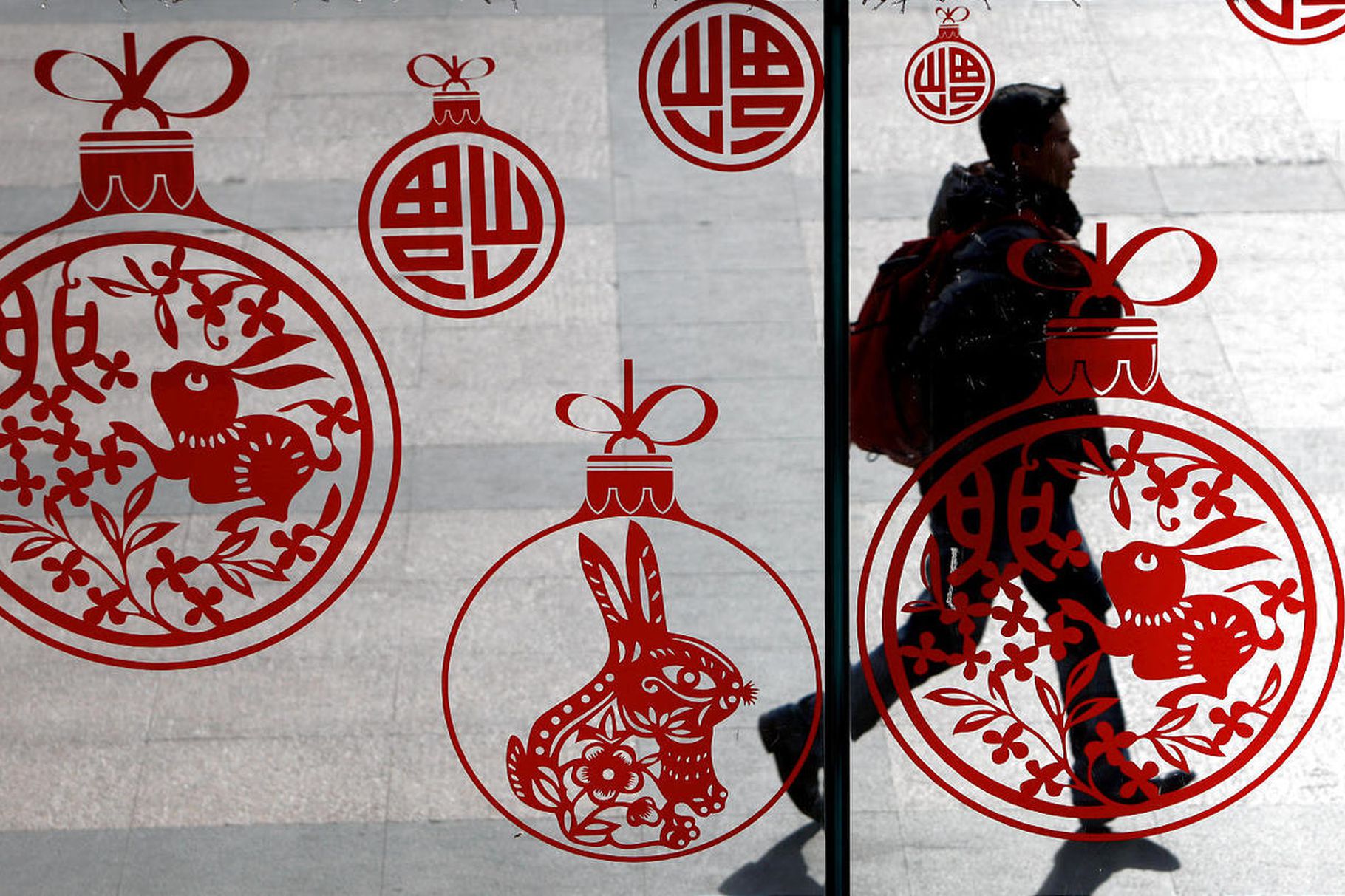Many young people today may have a misunderstanding of holiness, perhaps due to the portrayal of saints as individuals who perform miracles or never make mistakes, which can be difficult to connect with. Holiness, however, is primarily about belonging to God and living in a love-bound communion. It’s important to consider alternative paths to holiness that may be overlooked in our current context.










